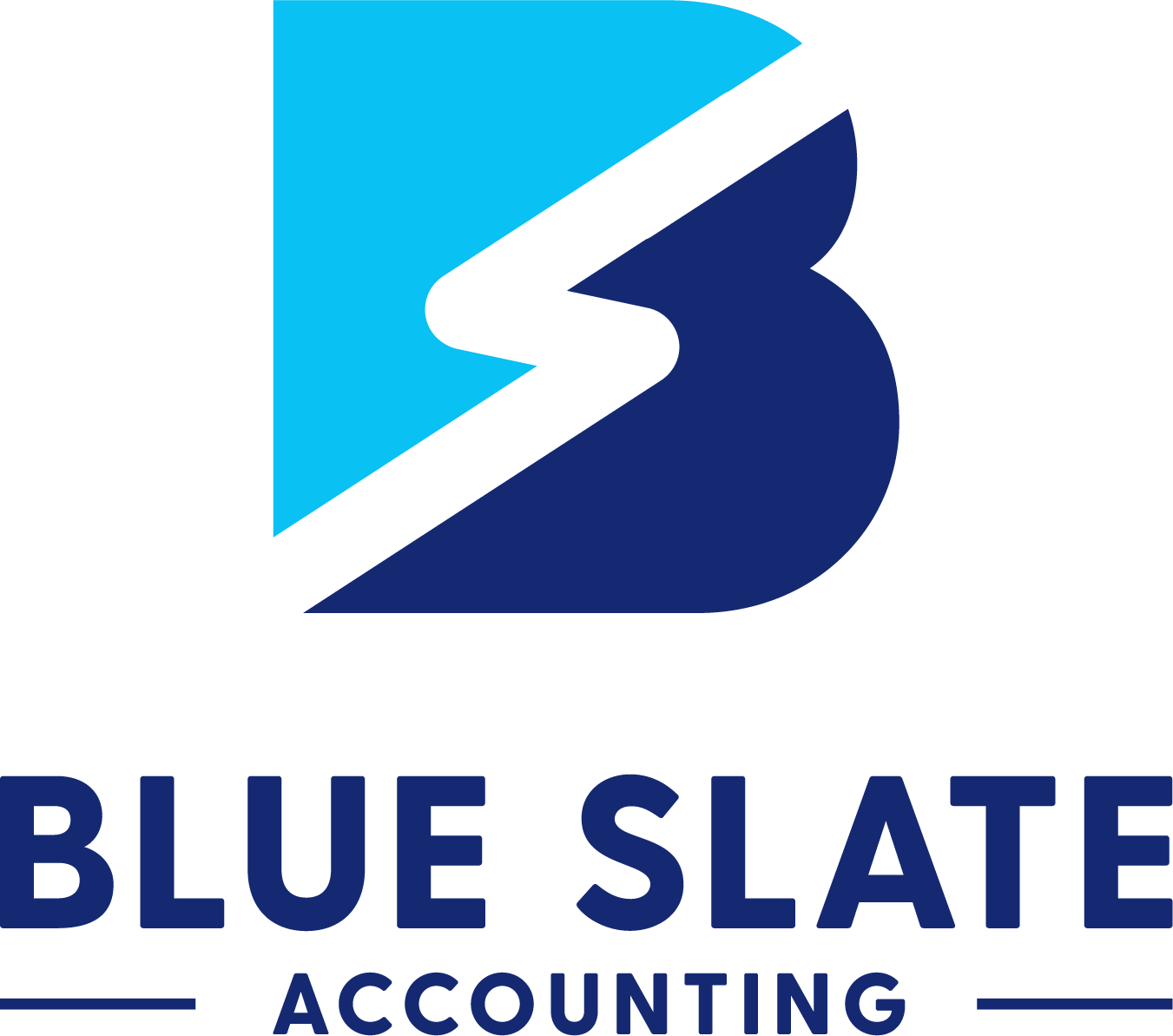IRS Found Squandering Inflation Reduction Act Funds
Some tax changes are welcome.
Others promise but deliver far less than originally pledged.
Those with the potential to affect your daily operations are sometimes concealed within a fog of questions. One such measure hit the newsstands in 2022.
The Inflation Reduction Act (IRA), a reduced version of Biden’s “Build Back Better” plan, deserves an unbiased review.
As a small business owner myself, I want to help you sift through the legalese. And “government-speak.”
By the time that we wrap up, I’ll have illuminated the impact of this legislation.
IRS Use of Inflation Reduction Act Funds Questioned
The Internal Revenue Service (IRS) has sought to improve their image.
Obviously, something like this takes time. While grace can be extended in certain areas, it shouldn’t be applied too liberally.
Along those lines. Treasury Inspector General for Tax Administration (TIGTA) issued a report on its use of Inflation Reduction Act funds.
Their stated goal was to review the IRS’s methodology. And their stewardship, or lack thereof, of funds designated for the agency.
They found that taxpayers making less than $400,000 are still being audited.
Despite Secretary of the Treasury Janet Yellen seeking to limit the application for small business owners 2 years ago.
Talk about government efficiency.
Mandates around Coronavirus ravaged small business America. Even supposed government bailouts like Small Business Administration (SBA) funds couldn’t keep it above water.
Partly because non-qualifiers appropriated funds in actions deserving of fraud charges. But more because the reaction from health regulators was so extreme.
Those who did survive now have to deal with this news.
Last month the White House issued an official statement which contradicts the TIGTA findings.
They stated that, “the IRS is adhering to Yellen’s commitment to not increase audit rates relative to current levels for small businesses and Americans making less than $400,000 a year.”
TIGTA does have more on the line than Biden’s administration for making any false claims.
As an intelligent reader, I’ll simply let you decide which party is more believable.
But just remember one thing. Applying critical thinking requires the acceptance of evidence-based statements over non-evidence-based ones.
Next, it’s worth breaking down the pieces that make up the act.
Inflation Reduction Act Explained
Legislation isn’t written in layman’s terms. Nor is it ever a short read.
So, I’ll only pull out the information you need to know.
Back in August 2022, the IRS was earmarked $80 billion. $45.6 billion going towards enforcement.
Key details:
- Clean energy support
- Climate action
- Tax incentives
- Production and infrastructure
- Economic growth and job creation
Breaks on taxes apply to several of the particulars listed above. Supporting the overall marketing message coming from the White House.
For our purposes, let’s zero in on a specific tax enticement:
- Implementation and compliance
Yellen had specifically directed the IRS that, “enforcement resources will focus on high-end noncompliance.”
Once again, that statement aligned with the professed goal of “taking from the rich and giving to the poor.” To borrow a line from Robin Hood.
Which allowed the Act to quickly pass through the halls of our law-crafting bodies.
Targets:
- Large corporations
- High-net-worth individuals
- Complex pass-throughs
The IRS apparently wouldn’t make it in marketing. Because they missed their target market. And as stated earlier, continued to audit smaller operations.
Beyond poor targeting efforts, this has led to decreased efficiency in relation to overall tax investigation. Which Yellen shared in her 2022 letter was 7,500 annual audits out of more than 4 million returns. Or a dismal .2%!
Around family tables and office water coolers swirls discussion around responsibility. After all, inflation doesn’t magically appear out of thin air.
Now is the time to put that debate to rest.
Who is Responsible for Inflation?
First, I need to define the term.
One way to describe it is “the value of your cash in relation to services and goods you can purchase with it.” Supply and demand factor in.
Currently, with demand greater than supply, prices have significantly risen.
Now I can move into where responsibility for it lies.
The answer to this question may depend on a few variables:
- Your source of news
- Your understanding of economics
- Your level of government trust
Because this is fluid, I’ll focus on what we know for sure about the Inflation Reduction Act 2024.
Main contributors:
- Federal Reserve
- Federal policies
The latter involves all houses of the government. House of Representatives, Senate, and President.
Process:
- President presents his budget to Congress
- House and Senate decide on funding bills
- President signs those into law
Tariffs, trade policy, and deficit spending are other contributors. Not all of them are squarely decided by the executive branch.
Although his power to influence extends deep into each area.
According to the Congressional Budget Office, deficit spending was 6.3% of our GDP in 2023. Eyebrows understandably raise at this number because over the last 50 years, the average was less than 4%.
Why is this bad?
Artificial demand is created as the government borrows from the future. To pay for today’s expenses. Imagine applying this concept to your personal finances.
Say you have debt. You incur more to make payments on what you owe currently. Creating more debt and compounding the original problem.
Doesn’t make much sense. But hey, the government normally just does what it wants.
I want to close by giving you an advocate should the IRS come knocking.
Blue Slate Accounting Tax Resolution Specialist
Something is missing from the accounting field.
A human approach to personalized tax resolution services. Zelienople, PA is our home, but we’ve worked with businesses and individuals across this great nation.
Aiding their arrival back to good standing with the federal and state governments.
Our small, but dedicated team of certified tax professionals and an IRS Enrolled Agent assist with:
- Preparation of unfiled income tax returns
- Penalty reduction
- Offers in compromise
- Payment plans
- Financial hardship plans
- Wage garnishment/bank levy releases
- Audits
- IRS appeals
We can clean up the debacle of that unorganized box of tax documents. For a monthly fee, we can counsel you on deductions and breaks to use next time.
Offload your tax resolution needs today. And take the first step towards reclaiming your joy and happiness!










